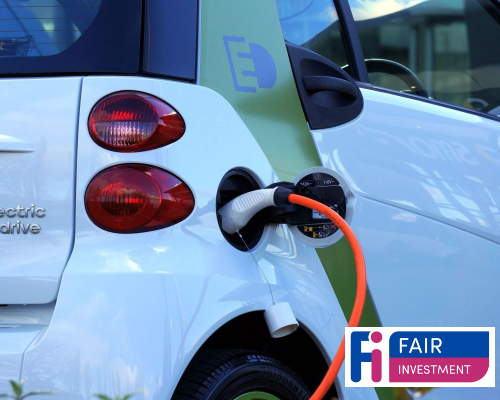29 August 2007
Price comparison website uSwitch.com has compiled a list of suggestions to help first-year students reduce energy bills. Approximately 500,000 freshers will be starting university this term, many of whom will be living away from parents for the first time. The price comparison website is offering tips on reducing both bills and carbon emissions.
Claiming that the average annual household energy bill totals an impressive £913, the company’s consumer policy director, Ann Robinson, said: “This is all about students getting off on the right foot, not just to save themselves money but to help save the planet too. Getting to grips with energy could help students reduce their consumption, cut carbon emissions and enjoy lower bills.”
More than a quarter (27 per cent) of carbon emissions produced in the UK emanate from homes, so it is important that students are aware of their carbon footprint and ways of reducing it. Energy efficient light bulbs are long-lasting and eco-friendly, while electrical goods that use a lot of electricity – such as electric heaters – should be avoided.
Items such as computers, televisions and hi-fis should not be left on standby and mobile phone chargers should be switched off when not actually charging. Furthermore, equipment should be fully turned off when students are away, at the mains if possible.
It is vital that students find out whether rent covers bills or whether they are responsible for paying bills. If the latter, they should find out whether a prepayment meter is installed. If energy bills are left to those living in the property, they should look into cheaper energy suppliers if the landlord gives permission. Some providers also offer reward schemes such as Tesco clubcard points, Nectar points and Argos vouchers.
uSwitch.com claims that moving to dual fuel (obtaining gas and electricity from the same company), paying by direct debit and signing up online could save over £200. Direct debit payments will also help avoid late payments and charges.
A meter reading should be taken on moving in to a property and this reading should be given to the energy supplier when informing them of the new tenancy, this way the student can avoid having to shell out for a previous tenant who has not paid bills in full.
Prepayment meters are more expensive – costing around £128 more than paying by direct debit – but making sure they are always topped up and keeping a few candles handy are useful tips.
Ms Robinson explains that the benefits of implementing this advice could extend beyond student life. “Lessons learnt now about energy and the environment will hopefully shape future behaviour too,” she said.
Find out more about comparing gas and electricity prices, green energy and student money
